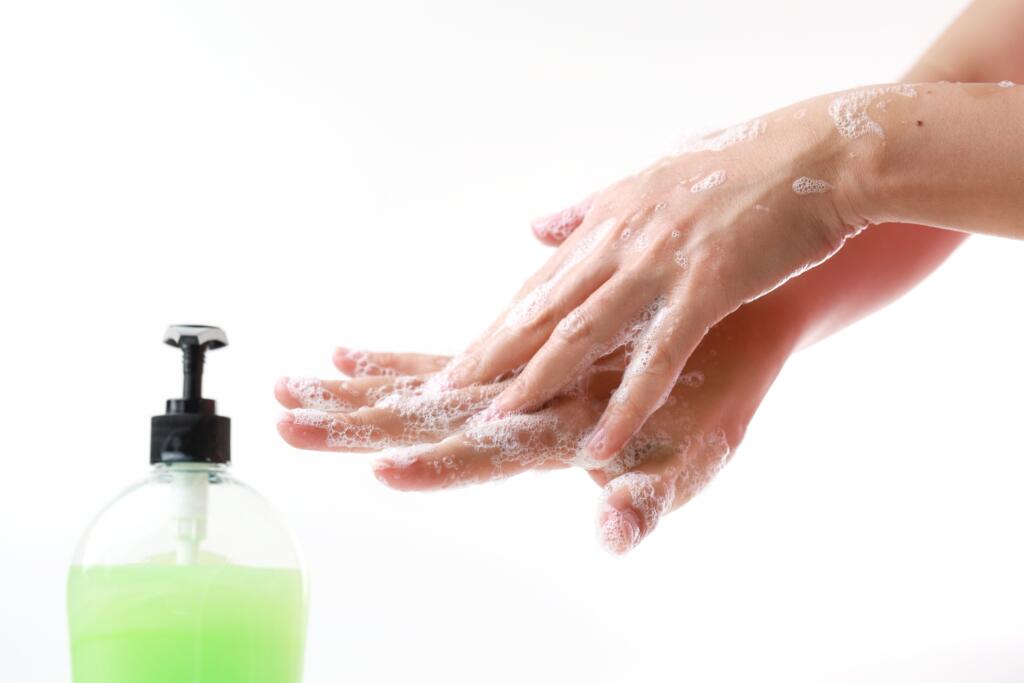
While social distancing at the lake, the infrequency of human interactions can make proper hand-washing feel unnecessary. However, being surrounded by nature rather than a congested city doesn’t mean you should skip the soap. During the pandemic, lake and city dwellers alike should follow CDC guidelines, which recommend washing your hands for at least 20 seconds. Although most people learned this skill at age two, CBS News reported that 94% of people are washing their hands incorrectly. The pandemic has shed more light on this issue, emphasizing the important role of soap in preventing the spread of infections. In honor of soap’s spotlight during quarantine, we’re diving deep into the timeline of this basic, yet a fascinating product. Here are five fun facts about the history of soap.
1. Soap has Existed since 2,800 BCE

According to the American Cleaning Institute, the history of soap begins in ancient times. Only two basic ingredients are involved in making soap: a fat (e.g., animal fats, olive oil) and an alkali (e.g., sodium hydroxide, potassium hydroxide). The earliest societies discovered this simple mixture’s cleaning power. In ruins from Ancient Babylon, archaeologists found the formula for soap– cassia oil and wood ash– on a clay tablet. They used soap to clean textiles rather than for personal hygiene. Ancient Egyptians also created soaps by combining vegetable and animal oils with alkaline salts. Unlike Babylonians, they used soap for bathing and treating skin conditions.
2. Its Name is Tied to a Roman Legend
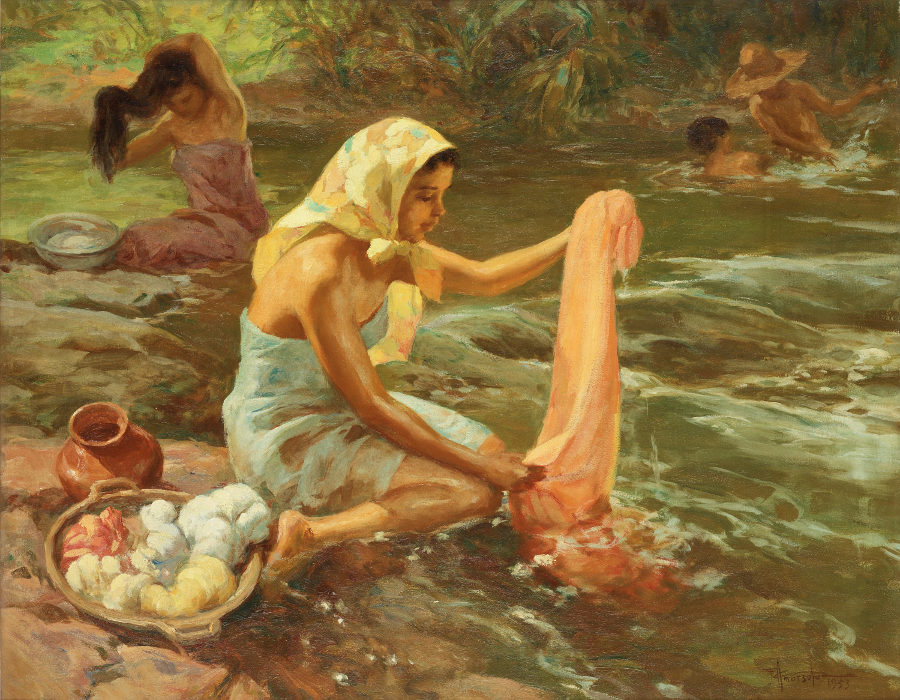
According to legend, soap’s name comes from Mount Sapo in Rome. When animal sacrifices happened on the mountaintop, wood ashes and animal fat flowed down, mixed with river water, and produced soap that women used to wash clothes. Although Mount Sapo is possibly fictitious, historians do know that Ancient Romans were familiar with soap. Historian Judith Ridner told The Conversation that “sapo” first appeared in Pliny the Elder’s Historia Naturalis. In 77 A.D., Pliny mocked the product as a frivolous styling substance that Roman enemies, the Gauls, used as hair dye. Further, Latin expert N.S. Gill told Thought Catalog that although Romans are renowned for baths, they used soap for textile cleaning rather than bathing.
3. Soap was Once a Luxury Item
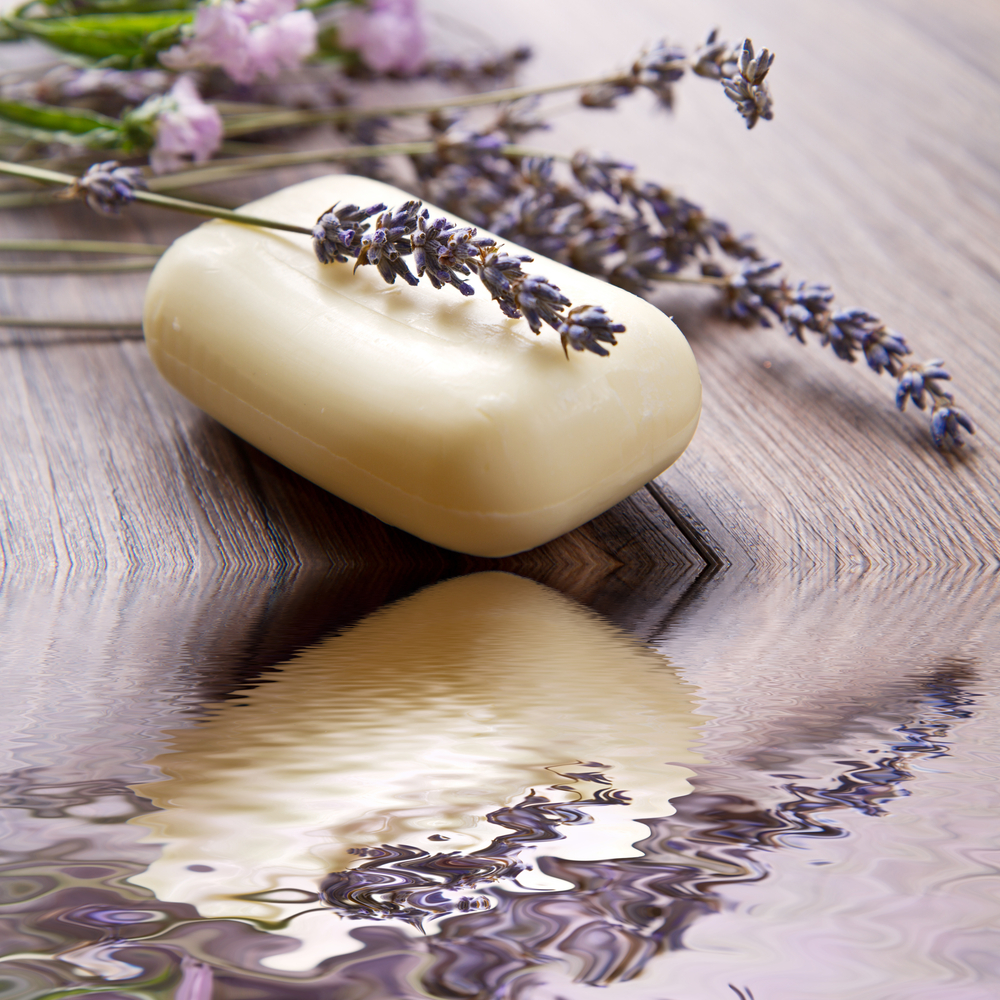
In the 1500s-1700s, soap was revered among the rich. The switch from animal fats to vegetable oils was vital in the history of soap. It produced a better smell, and the Silk Road globalized Syrian Aleppo soap and Spanish Castile soap. These factors made soap a coveted item. According to The Pharmaceutical Journal, England’s 1712 soap tax reinforced its luxury status and drove many soapmakers out of the country. Soap’s exclusivity began to shift when French chemist Nicholas LeBlanc discovered how to make soda ash from salt. This “LeBlanc Process” sped up production and played a key role in the eventual mass production of soap. Propelling this shift, manufacturers like William Gossage created low-priced, high-quality soaps in the mid-1800s.
4. People Used to Think Soap was Unclean
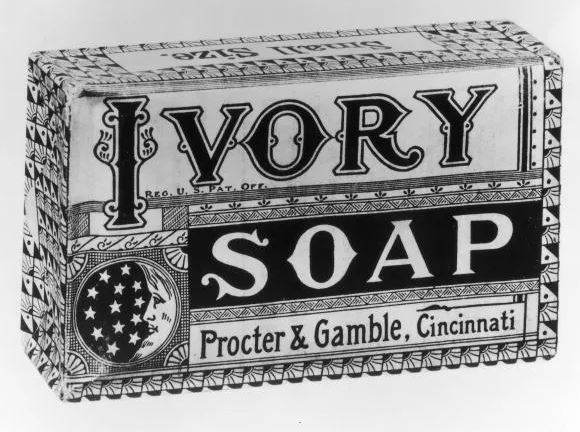
When the American colonies began, most people avoided bathing and the use of soap. According to the Smithsonian Institute, it was a common belief that water spread diseases, and a layer of dirt was good and protective. Americans’ misinformed public attitudes changed in the mid-1800s during the Civil War. The Union War effort disseminated information about the benefits of soap, and the demand for affordable soap increased. Around the same time, Procter and Gamble created the first perfumed ivory soap. P&G was also the first to sponsor radio dramas and advertise during their shows, thus coining the term “soap operas” to describe these dramatic programs.
5. Most Modern Soaps are Detergents
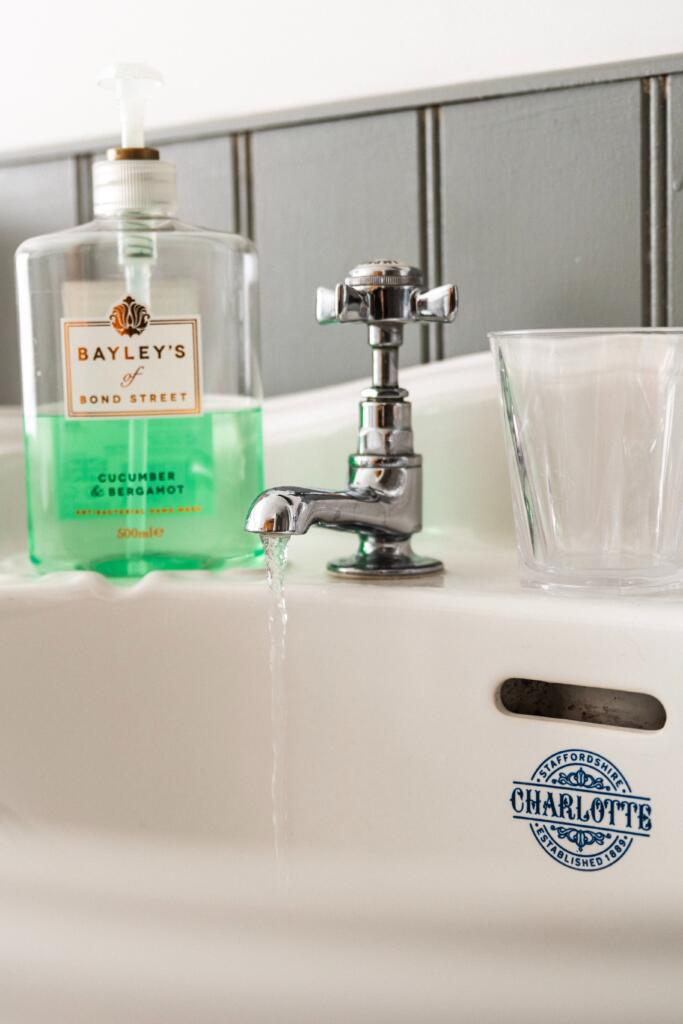
In the 21st century, soap is commonplace, and its benefits are well-documented. However, you may not realize that the soap in your home is probably not soap. After discovering a synthetic cleaning product, German chemists created detergents as a soap alternative in the early 20th century. Compared to true soaps that have a gummy deposit, detergents are smoother and easily create suds. According to the U.S. Food and Drug Administration, there are very few “true soaps” on the market. If you find one, you’re likely to notice a difference between its texture and that of a detergent.
The next time you wash your hands at your lake home, take a moment during the 20-second lather to appreciate this product’s history. We’ve come a long way since 2,800 BCE, so let’s continue taking part in its future. Stay safe, and enjoy the lake!




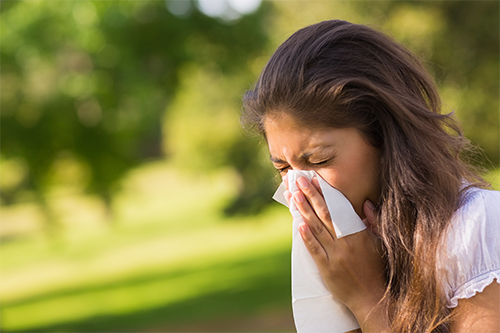
 More than 50 million Americans suffer from allergies each year, according to the
More than 50 million Americans suffer from allergies each year, according to the 
 Crystal Clear Waters
Crystal Clear Waters